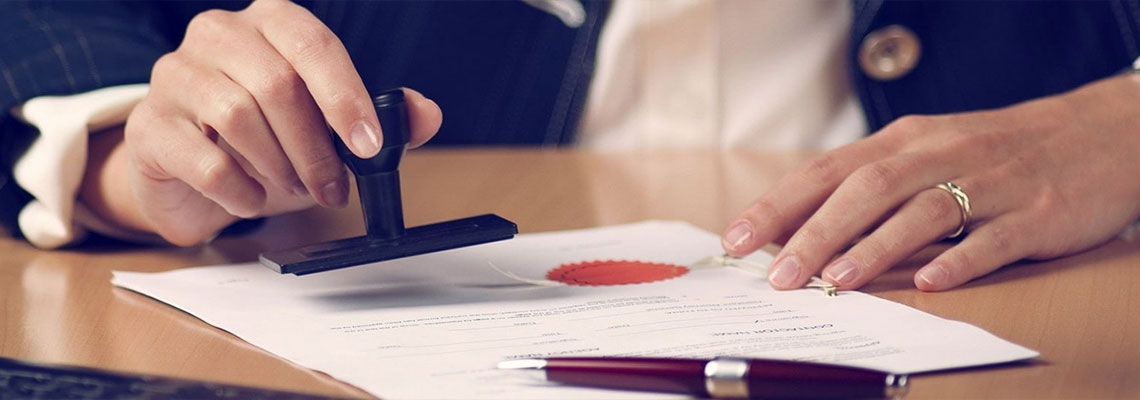I am Mariya Borevich, your personal lawyer. My primary goal is to help clients find optimal solutions to current legal issues, ensuring reliable protection of their interests. I specialize in family, civil, and military law, which allows me to effectively handle a variety of situations and cases. In family law, I provide support in resolving issues related to divorce, property division, establishing and challenging parental rights, alimony, and child custody. I understand that these matters are often emotionally complex, so I always strive to find the most delicate and fair solutions for all parties involved. In civil law, I assist in settling disputes related to contracts, property rights, compensation for damages, inheritance, and other issues concerning the protection of personal and property interests. Special attention is given to military law — supporting servicemen, protecting their rights and interests related to military service, social guarantees, and legal disputes. This area requires deep knowledge and understanding of the specifics of military service and the legislation regulating it.
Consular legalization of documents is an important procedure that ensures their recognition of legality and authenticity in other countries. This process is crucial for a variety of situations, including international affairs, education, migration, and business. In this article, we will explore the significance, process, and importance of consular legalization of documents.
Consular legalization of documents is the process of confirming the legality and authenticity of documents for their use outside the country of origin. This means that documents that have undergone consular legalization are officially recognized in any country that has signed the relevant international agreements.
The process of consular legalization typically includes the following steps:
Notarization: Initially, documents must be notarized according to the requirements of the country of origin. This confirms the authenticity of signatures and the content of the documents.
Legalization by the Ministry of Foreign Affairs: After notarization, documents are submitted to the Ministry of Foreign Affairs of the issuing country. Here, they are authenticated, and special seals or stamps indicating their legality are affixed.
Consular legalization: The final step is to approach the consular offices of the country for which the documents are intended. The consular office verifies the legality of the seals from the Ministry of Foreign Affairs and confirms their compliance.
Consular legalization of documents is of great importance in many areas of life:
International transactions: To confirm the legal validity of documents in international agreements, contracts, and other documents.
Education: For admission to foreign universities or academic recognition of qualifications.
Migration: For the issuance of visas and immigration documents.
Business: For conducting business operations, including the signing of contracts and agreements.
Consular legalization of documents is an important stage in their use outside the country of origin. This procedure can be complex and time-consuming, and seeking legal assistance can significantly simplify its conduct. In this article, we will discuss the significance and benefits of legal assistance during consular legalization of documents.
Legal assistance during consular legalization of documents involves providing professional support and advice on all aspects of this process. It includes consultations, preparation of necessary documents, contacting competent authorities, and representing the client's interests during the legalization procedure.
Benefits of legal assistance:
Expertise and experience: Lawyers specializing in international law and consular legalization have the necessary experience and knowledge to successfully conduct this process. They are familiar with all the requirements and procedures that need to be fulfilled for the documents to be legalized.
Risk minimization: With legal assistance, you can avoid errors and delays that may occur during independent conduct of the procedure. Lawyers will identify potential problems and help resolve them before they arise.
Efficiency and time: Legal assistance can significantly save the client's time and effort, as lawyers will take all necessary steps and execute them efficiently.
Representation of interests: A legal specialist can act as a representative of the client when dealing with competent authorities and support their interests at every stage of the process.
Peace of mind and confidence: With legal assistance, the client can be confident that the consular legalization procedure is carried out correctly and without problems.
Consular legalization of documents is an important procedure that ensures their recognition of legality and authenticity in any country. This process is key to many aspects of international relations, education, migration, and business, providing trust and legality in all these areas.





























